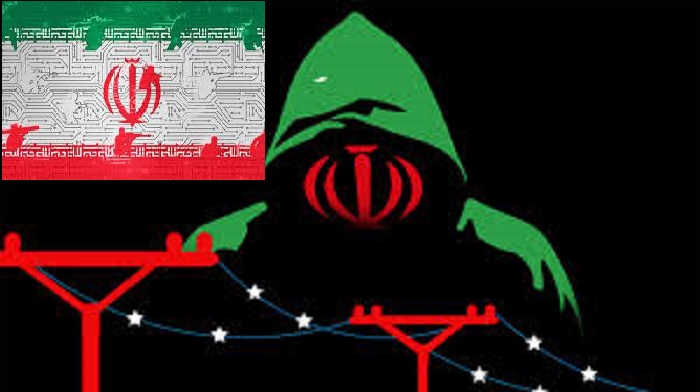
Iranian regime running the demonizing campaign in cyberspace against the MEK
The growing popularity of the Mujahedin-e Khalq (PMOI/MEK), particularly in cyberspace and turning the Iranian youth to the Internet, compelled the Iranian regime to take this threat more seriously. The Iranian regime’s supreme leader Ali Khamenei, of, has time and again showed this fear by tagging it as “educational attack”. He is aware of the real threat: the MEK and its popularity. He is witnessing that the MEK
has gained high popularity as the antitheses of the Iranian fundamentalist regime in both domestic and international levels.
In his speech at the IRGC University on 21 October, emphasizing the necessity of the use of all software and hardware tools, Khamenei said: “Today the cyberspace is among the necessary tools.”
Showing his fear of MEK’s presence in cyberspace, in a meeting with the regime’s MPs, Ali Asgari, the head of the Islamic Republic of Iran Broadcasting (IRIB), said that the social media abroad is the gonfalonier against the regime in cyberspace.
Dozens of regime’s websites, Internet networks, and TVs are running demonizing campaigns against the MEK round the clock.
Pointing to the thirty-two radio and fourteen TV stations that give coverage to five continents, Payman Jebeli, the foreign deputy of regime’s TV acknowledged that the regime’s extra-territorial networks are in the front-line of cyber warfare.
Gholamreza Suleimani, head of Basij Organization, on 1 September 2019 affirmed that the regime has formed a thousand cyber battalions. He admitted that the Basij (paramilitary mercenaries under IRGC command) has organized tens of thousands of its personnel in social media to support the regime.
Acknowledging that the social media is the preferred field of the MEK, Gholamreza Jalali, brigadier general of the IRGC, said in an interview with Isna Agency, 29, July 2019:
“They try to impose negative influence on the public opinion and the society’s way of thinking, spreading despair and disappointment and exposing disability on the part of authorities. In my opinion, the new war with MEK in cyberspace is harder than Mersad (the greatest operation by the Resistance’s National Liberation Army in 1988) operation.”
Running demonizing campaigns against the MEK has reached nowhere yet, official remarks have defended brutal suppression against the MEK and have also expressed anxiety about the MEK’s progress and its role in organizing and galvanizing protests against the Iranian regime. Top officials warn about “major events” that could still be forthcoming.
The demonizing campaign launched by #Iran's regime against the opposition PMOI/#MEK failes miserably.https://t.co/MhNV4e7W7l
— People's Mojahedin Organization of Iran (PMOI/MEK) (@Mojahedineng) September 19, 2018
The officials are fully cognizant of the fact that after years of a massive demonizing campaign against the Iranian resistance and systematic repetition of the claim that the MEK has no serious presence or role in Iran, acknowledging the real presence of the MEK in Iran is politically costly.
Meanwhile, the media report that the cyberspace is contaminated by the Iranian regime’s virus. The regime’s cyber Army misuses the Internet, including Wikipedia. Many think websites like Wikipedia are good sources for receiving information; however, experts know that users are the source of information and they can edit data. Iranian regime’s cyber experts take advantage of Wikipedia promoting the regime’s views.
Dr.Zahedi-#MEK Rep:In order to contain the situation, the regime is concentrating on widespread suppression,including arbitrary arrests, medieval trials, torture &executions, terrorism &demonizing campaign against the MEK as the main threat &enemy to its rule.#IranConferenceNYC pic.twitter.com/KLe8q0PFfK
— NCRI-FAC (@iran_policy) September 24, 2019
Publishing hundreds of books and making tens of movies by the Iranian regime against the MEK clearly portraits a desperate regime that hopelessly tries to prevent defiant youth from joining the MEK.
